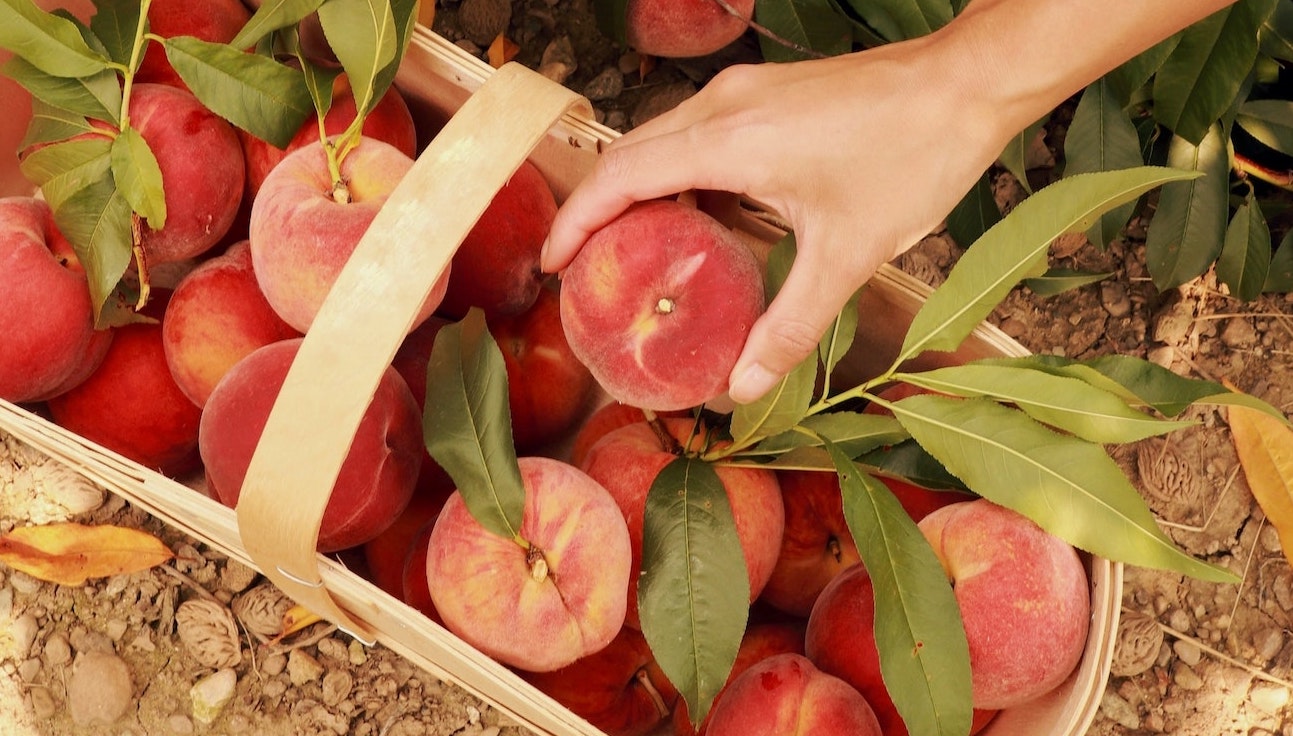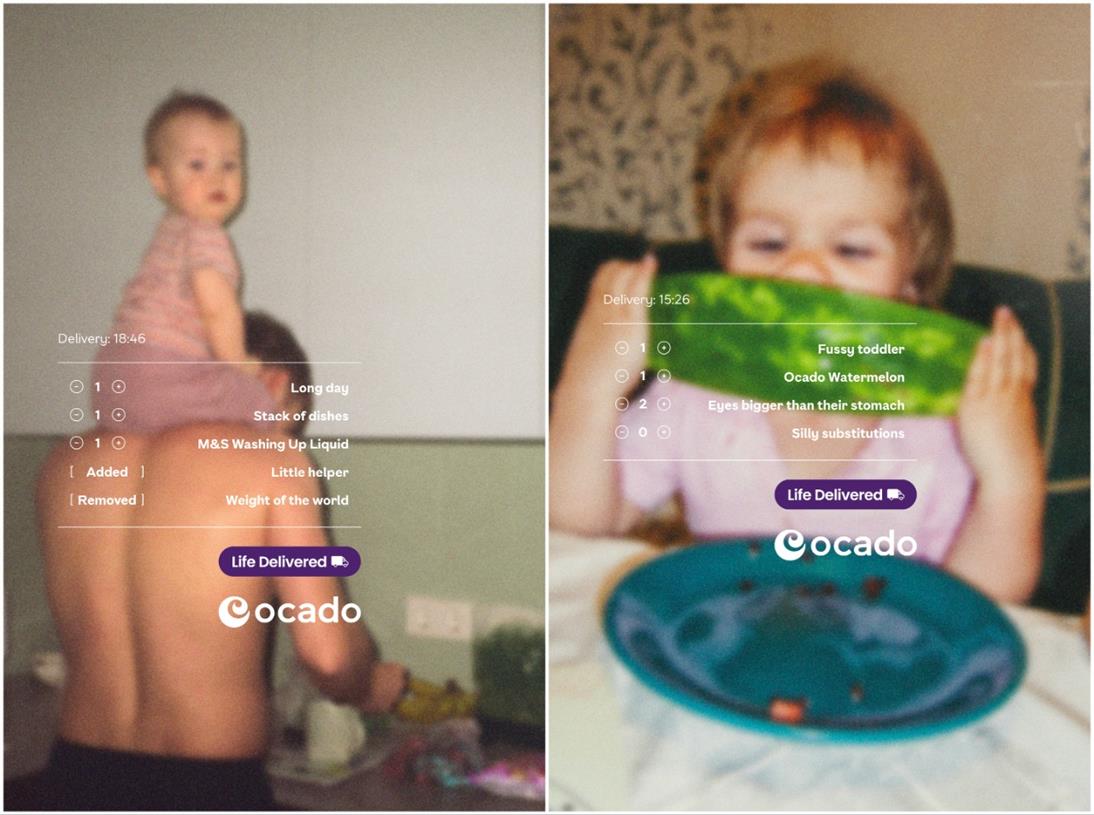Video: Buddha’s First Teaching Day Most Meritorious Practice Day of the Year Chokhor Duchen July 9 and 10th
Why is Buddha’s First Teaching Day considered the most important Holy Day of the Year in many Buddhist traditions? What are the eight practices recommended for this day which can create skies of merit and purify negative karma according...


Why is Buddha’s First Teaching Day considered the most important Holy Day of the Year in many Buddhist traditions? What are the eight practices recommended for this day which can create skies of merit and purify negative karma according to Lama Zopa Rinpoche?
NOTE: From FPMT website: “Chokhor Duchen, one of the four annual holy days of Guru Shakyamuni Buddha, takes place this year on July 9 or July 10 depending on the various Tibetan calendars. Both days are fine. On these holy days of Guru Shakyamuni Buddha, the power of any meritorious action is multiplied by 100 million, as taught in the vinaya text Treasure of Quotations and Logic.”
Buddha’s “First Teaching Day” or Chokhor Duchen, celebrating the first teaching of Shakyamuni Buddha, is the most important Holy Day of the Year for many Buddhists.
Video:
First Teaching Day commemorates the day when Buddha gave his first teaching, the turning of the Wheel of Dharma, at Sarnath.
According to Lama Zopa:
“Chokhor Duchen, one of the four annual holy days of Guru Shakyamuni Buddha, takes place on the 4th day of the 6th Tibetan lunar month. On these holy days, the power of any meritorious action is multiplied by 100 million, as taught in the vinaya text Treasure of Quotations and Logic.”
On Buddha’s First Teaching Day, we celebrate by doing extra practices and dedication for the benefit of all beings. This can include reciting sutras, making offerings especially the Sangha, and for causes which publish and spread the Dharma, practicing bodhichitta and compassion, and Taking Refuge in the Three Jewels.
No matter what you do on Chokhor Duchen, the most important thing is to remember the spirit of the day: giving and benefiting others. When we focus on others, our own happiness naturally increases. So take some time on Chokhor Duchen to think about how you can benefit others, and make it a special day for everyone.
Another important practice is to recite Sutras in any language on this Holy Day, and recite mantras, which represent the Dharma. Chanting Sutras and Mantras can create tremendous merit and help purify negativities — especially on Buddha Days. Often, we’ll chant the Heart Sutra in Sanskrit, for example, a short and powerful Sutra.
Another powerful practice, with vast merit — as it includes all seven limbs of practice — is the King of Prayers. We have both the Heart Sutra and the King of Prayers linked to this video at the information icons and in the description. Both are short practices with vast skies of merit.
There are eight practices recommended on this day by Lama Zopa Rinpoche:
First, the recitation of certain sutras is believed to be very powerful on this day, such as The Sutra of Golden Light, The Heart Sutra and The Diamond Sutra.
Second, making offerings to the Sangha and to Dharma causes and to the spread of Dharma, through publication of Sutras or Holy Texts and teachings.
Third is Bodhichitta. For the day we try to remain mindful of the cause for Awakening, so that we may in turn benefit all sentient beings. The King of Prayers is the beautiful expression of this aspiration, linked at the information icon above.
Fourth is Charitable giving to those in need. It’s also important to remember that giving doesn’t have to be material — it can be something as simple as offering a kind word or lending a helping hand.
Fifth is Taking the Precepts and following them for the day. We either just reaffirm the five lay precepts we always follow as lay buddhists, or, just for the day, the full 8 precepts, the precepts followed by ordained monks and nuns.The lay precepts are to abstain from taking a life, abstain from taking that which is not given, abstain from wrong speech such as insults, gossiping and lies, abstain from intoxicants which cloud the mind, and abstain from misuse of our senses.
Sixth is Water Bowl Offerings, Torma offerings, or other sensory offerings to the Buddha, which helps us purify our negative karma and generate merit.
Seventh is the Paramita of Wisdom, which includes the reading of Dharma texts, watching Dharma teachings, or writing or copying sutras.
Eighth is to do prostrations to the Buddha and Take Refuge in the Three Jewels, Buddha, Dharma and Sangha, over and over through the day.
These eight positive and wholesome activities honour the Buddha, the Dharma and the Sangha and create “ merit multiplied by 100 million” as explained by Lama Zopa Rinpoche.
Always dedicate the merit of any activities, especially on Dharma days, to the Cause for Awakening for the benefit of all sentient beings.
We dedicate the merit of this presentation to the benefit of all sentient beings.

 Astrong
Astrong 






























